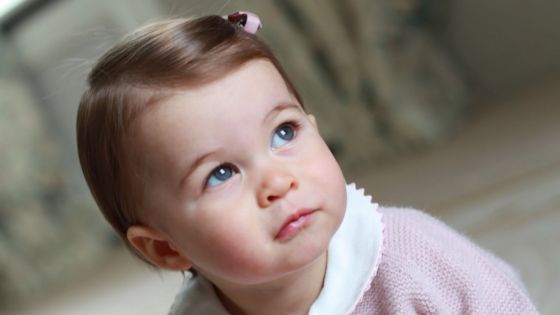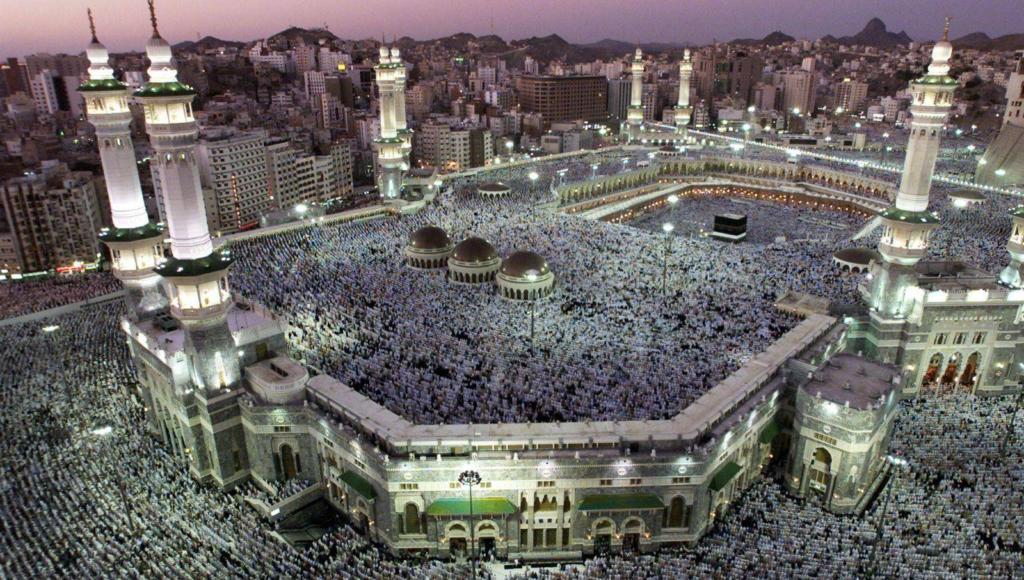better light a candle than curse the darkness |

Page-1|Page-2|Page-3|Page-4|Page-5|Page-6|Page-8| BaKhabar  Download pdf (3.1 mb) Download pdf (3.1 mb)
|
| Emotional Intelligence, Muslims, and Eid Al Azha [First Ten Days of Dhul Hijjah leads a Muslim towards perfection] - Part-2 on a series on Emotional Intelligence ... Shakeel Ahmad (shakeeluae@gmail.com) Everybody who knows even a bit about Eid Al Azha also knows that it is a celebration that strengthens a Muslim's resolve to sacrifice, in the way of Allah, that which he may love the most (commemorating Ibrahim Alaihis Salam’s readiness to sacrifice his most beloved son who was a gift from God in an age when no one could even dream of becoming a father). This sacrifice on the day of Eid-Al-Adha is preceded by disciplining of Muslims to a life of giving (sacrificing) during the first nine days of Dhul-Hijjah, and a strict training (to internalize the attribute of sacrifice) for those who have proceeded to perform Hajj. One could
become ready to sacrifice the most precious resource like time, the
hard-earned money, the opportunities of perceived enjoyment like
watching TV serials or movies, etc., only when one is aware of one's
physical self (self awareness), one's emotional self (emotional
literacy), has the kind of feelings for others (empathy and compassion)
that makes him think of the benefits of others as well, and could
allocate one's resources, feelings, emotions wisely (balance). The four
attributes essential to master for high EQ (measure of Emotional
Intelligence or EI: refer to Part-1 of this series, in BaKhabar's September issue)
are, thus, essential for nurturing a culture of
sacrifice, and vice versa. We can, therefore, conclude that Emotional
Intelligence is
an essential characteristic for selfless sacrifice, that is, for anyone
who is willing to sacrifice, for the sake of God, without any apparent
worldly return in sight.
  What constitutes sacrifice? Physical sacrifice could include acts of giving away what we possess, like money (charity), or what we perceive as possessing, like time (spending on good deeds other than charity). Emotional sacrifice could include letting the calls of emotions subside, like controlling anger against an offence, or forgiving someone even for an act against which permission to take revenge in equal measure is permitted. Patience could be considered another emotional sacrifice, for example, not seeking an immediate return for an act of benevolence. Without patience and perseverance, there can be no forgiveness or tolerance. Spiritual sacrifice could include worshipping God -it requires sacrificing one’s ego and desires, submitting unconditionally one’s entire self before an unseen entity.  We have now arrived at some elements of sacrifice (physical, emotional, and spiritual that could be seen in worship of the creator, forgiveness, patience, charity, good deeds) that we could examine to see how Quran and Sunnah commands us to internalize in order to make a success of our lives. Ibn ‘Abbaas (Radhi Allaho Anhu) reported that the Prophet (Sallallaho Alaihe Wasallam) said: "There are no days in which righteous deeds are more beloved to Allaah than these ten days." The people asked, "Not even jihaad for the sake of Allaah?" He said, "Not even jihaad for the sake of Allaah, except in the case of a man who went out to fight giving himself and his wealth up for the cause, and came back with nothing." (Sahih Bukhari, 2/457). These ten days include the Day of ‘Arafaah, on which Allaah perfected His Religion. Fasting on this day will expiate for the sins of the year before, and the year after. These days also include the Day of Sacrifice (Eid Al-Adha), the greatest day of the entire year and the greatest day of Hajj, which combines acts of worship in a way unlike any other. Scholars have recommended to race in good deeds during all of these ten days, apart from indulging in worshipping, seeking forgiveness, |
 fasting, etc. Acts of good deeds
involve being generous fasting, etc. Acts of good deeds
involve being generousin giving (charity or sadaqah) to others and reluctant in demanding from others. These ten days of intense training could make it easy for them (acts of the ten days) to become our habit for the rest of the year. And this training, year after year, could soon internalize them to become a part of our personal character. Muslim, as a nation, after nurturing these characteristics could become leaders of the society and role models, worthy of emulation by others, exactly in contrast to the image they carry now. Let us now take a look at reference from Quran and Sunnah for some of these elements. Forgiveness: In the conquest of Makkah Al Mokarrama, by the prophet Muhammad (PBUH), we see the greatest example of forgiveness which has no parallels in the history of mankind. Almost the entire population that tormented and tortured not only the Muslims but their prophet as well, for thirteen long years, who fought wars against Muslims and killed the noblest among them, were forgiven. In this is the model of forgiveness for every Muslim to follow. [Quran, 42: 40-43] The recompense for an injury is an injury equal thereto (in degree): but if a person forgives and makes reconciliation, his reward is due from Allah … The blame is only against those who oppress men and wrong-doing and insolently transgress beyond bounds through the land, defying right and justice: for such there will be a penalty grievous … But indeed if any show patience and forgive, that would truly be an exercise of courageous will and resolution in the conduct of affairs. What act of forgiveness could be better than to give up our legitimate right to kill for the killing of a sibling! Abu Huraira reported Allah's Messenger (may peace be upon him) as saying: Charity does not in any way decrease the wealth, and the servant who forgives, Allah adds to his respect, and the one who shows humility Allah elevates him in the estimation. (Sahih Muslim, 32:6264)  Patience: The holy Quran and the books of ahadith are full of commandments in favour of patience, and all of us can easily recall “innallahe maás-sabereen”or “Allah is with those who have patience” (e.g., 2:153; 2: 249; 8:46; 8:66, etc.). Who is better than the one who has Allah on his side? Charity: Throughout Quran, Allah commands us to give, in various forms, e.g., “Those who (in charity) spend of their goods by night and by day, in secret and in public, have their reward with their Lord: on them shall be no fear, nor shall they grieve.” [2: 274] Along with prayer, we find the mention of charity in many verses (e.g., 2:277, 4:77, 4:162, 5:12, 22:78, etc.). Promised returns are such that no worldly investment can beat, e.g. Narrated Abu Huraira: Allah's Apostle said, "If any one of you improve (follows strictly) his Islamic religion then his good deeds will be rewarded ten times to seven hundred times for each good deed and a bad deed will be recorded as it is." (Sahih Bukhari, 2:40) Good Deeds: Like charity, good deeds are commanded throughout Quran, as if they be the core theme of Allah’s Book. Most striking is their strong connection with Eiman (faith), that is, good deeds have no value (for akhirah) without eiman, and eiman is incomplete without good deeds – both being mentioned together, in no less than sixty verses of Quran (e.g., 2:25, 2:62, 2:82, 2:277, 4:124, 17:19, etc). Using Intelligence (wisdom, hikmah, etc), the important constituent of Emotional Intelligence is similarly commanded throughout the holy Quran (e.g., 8:20-23; 7:179, 22:46, etc.). Phrases like “hearts wherewith they understand not” (Quran, 7:179), or “Reasoning by hearts” (Quran, 22:46), all by themselves, hold all that we could perceive as “emotional intelligence”. From the above discussion, we see that through the first nine days of Dhul Hijjah, the training by various means of sacrifice a Muslim is prepared to sacrifice, on the tenth day, an animal that is dearest to him (best of domesticated prescribed animals). This ten day training extended to the whole year can make a Muslim what he is supposed to be, an emotionally intelligent person possessing all the attributes that raise his EQ to the highest possible levels, and bring him closer to Allah.  To read Part-1 of this series, click here [Emotional Intelligence, Ramadan and Muslims]. Make Peace with your PAST, so it won't mess up with your future! |
|
7
Home
| About
Us | Objective | Scholarship
| Matrimonial
| Video
Library | Projects | Quran
Resources | Lend
a hand
|